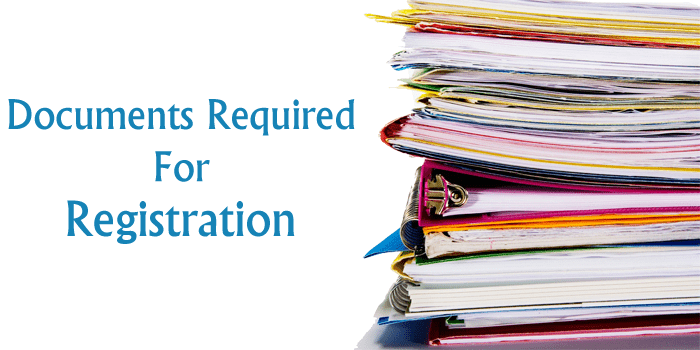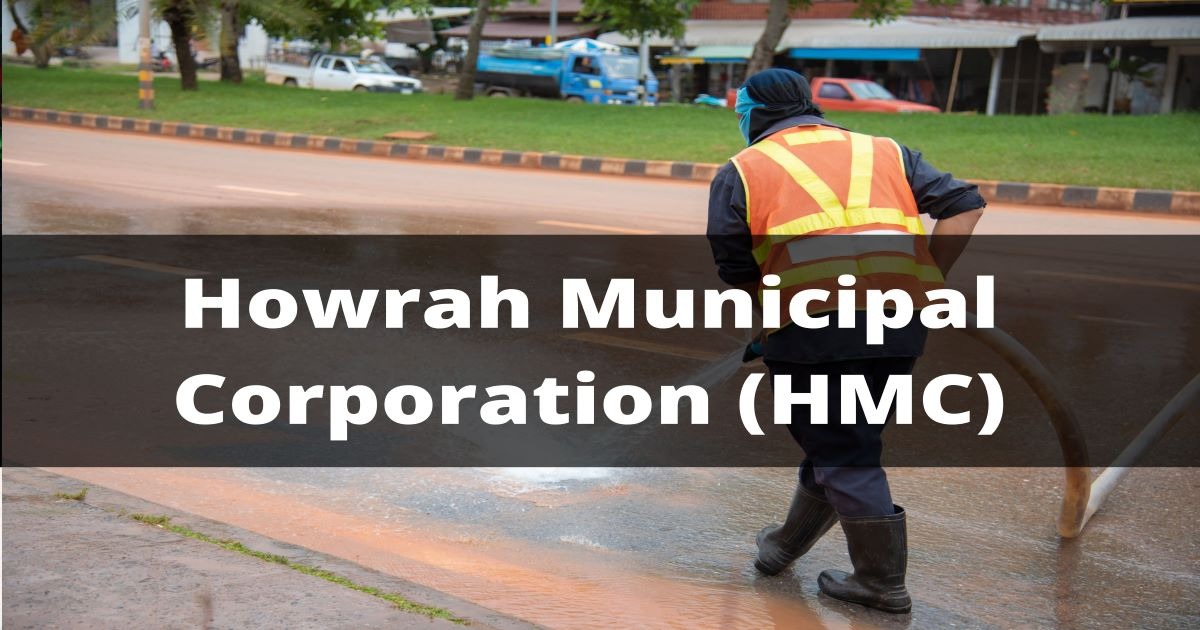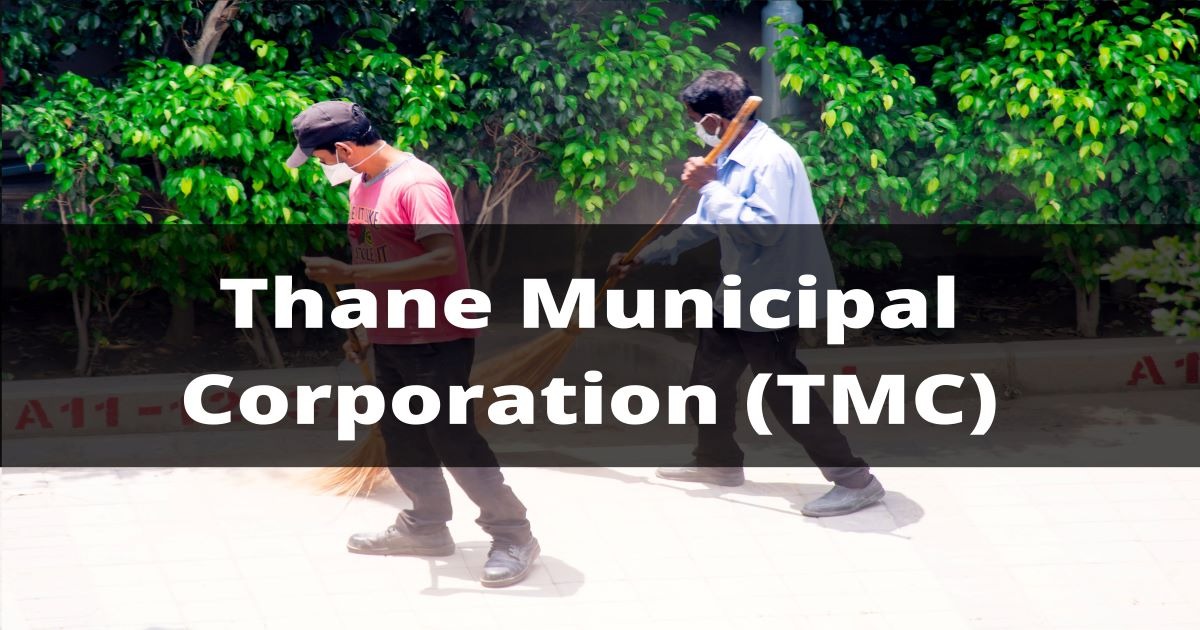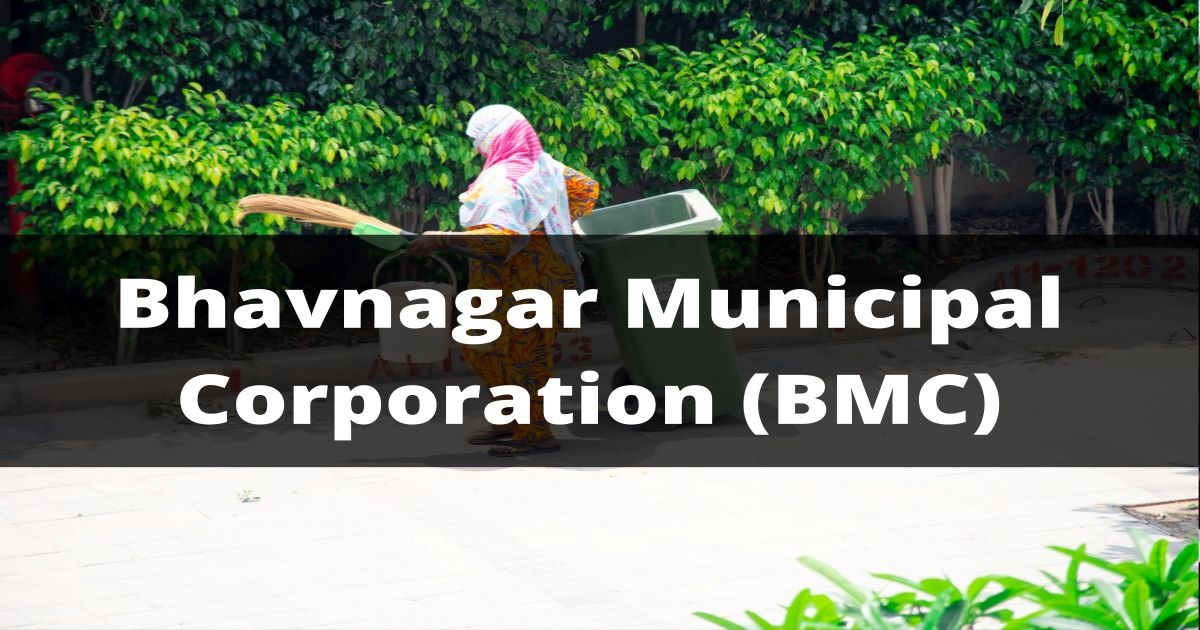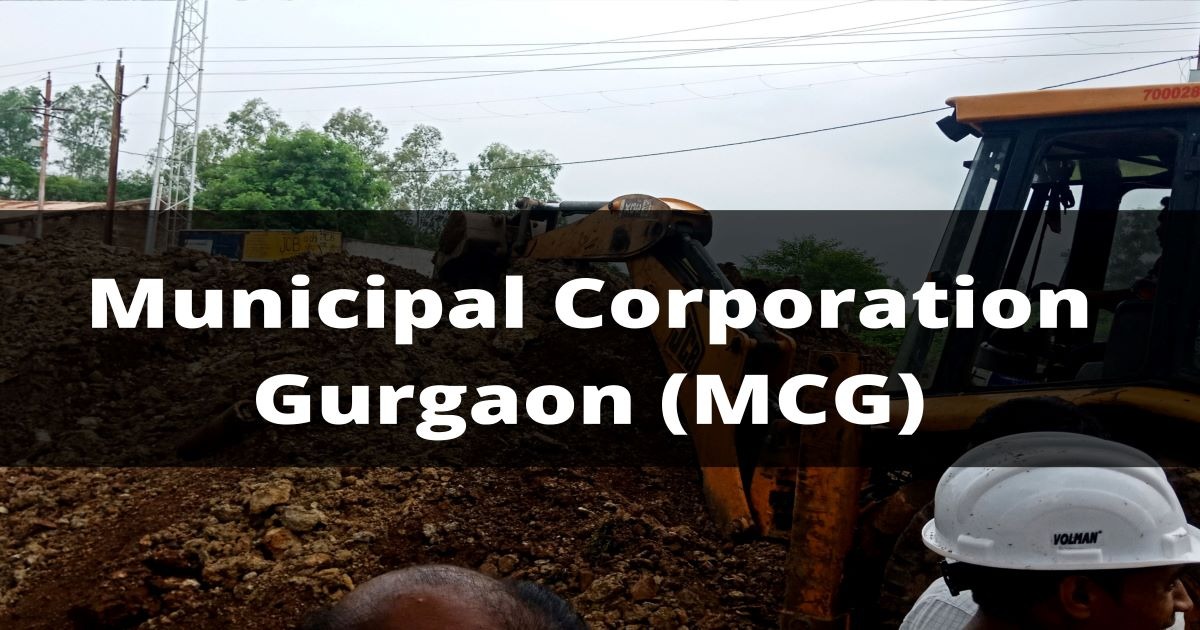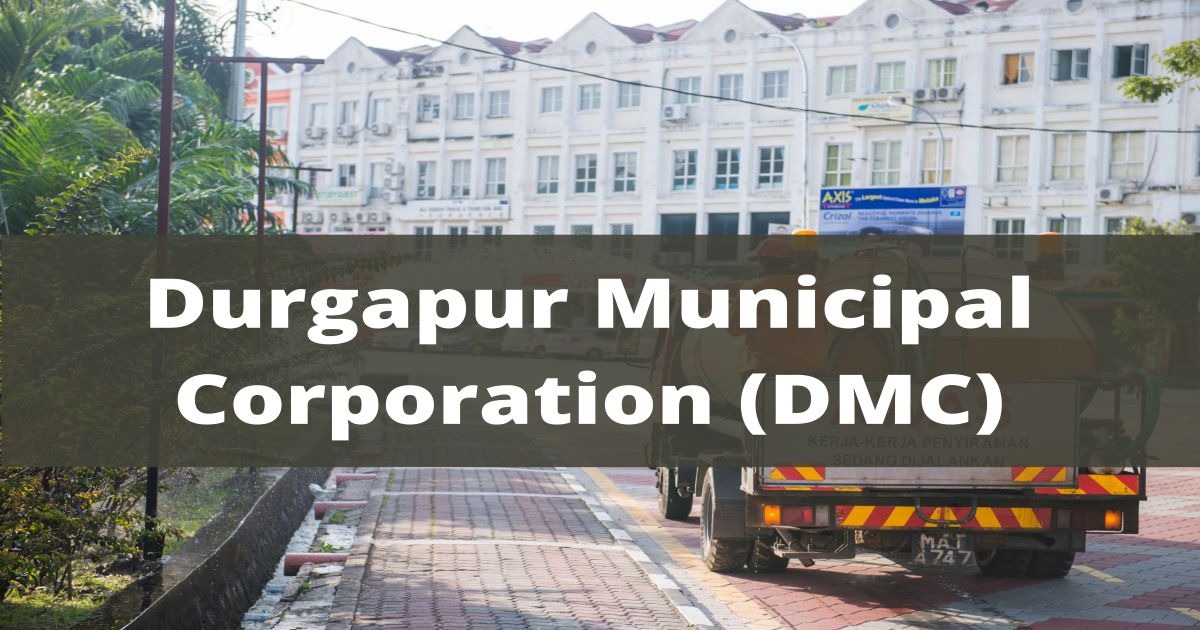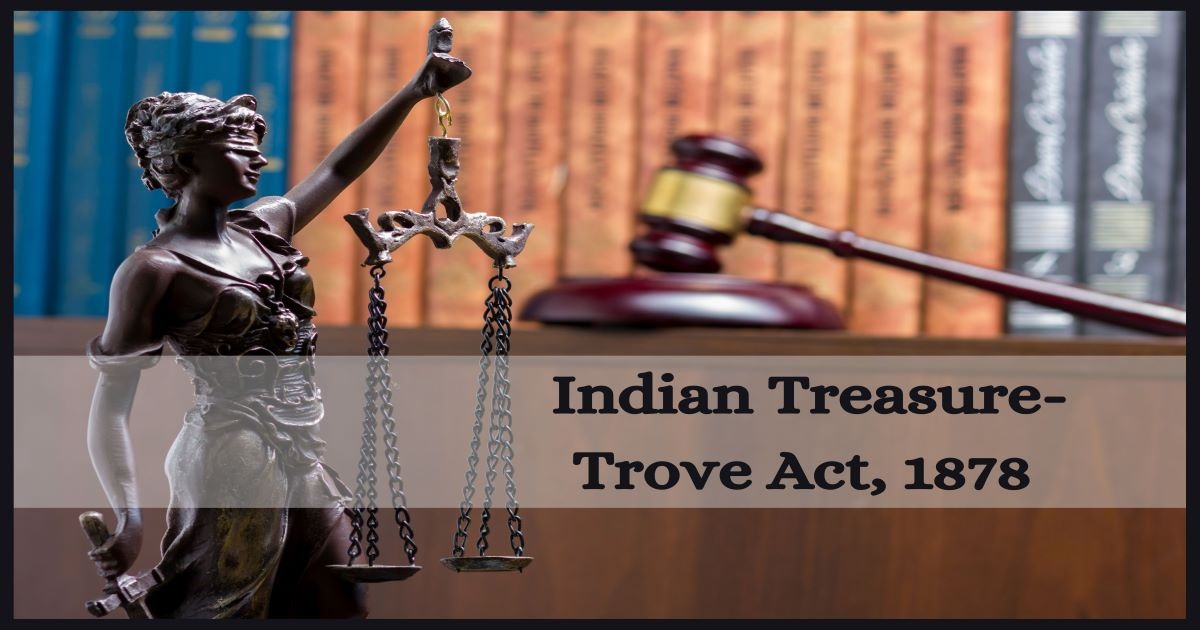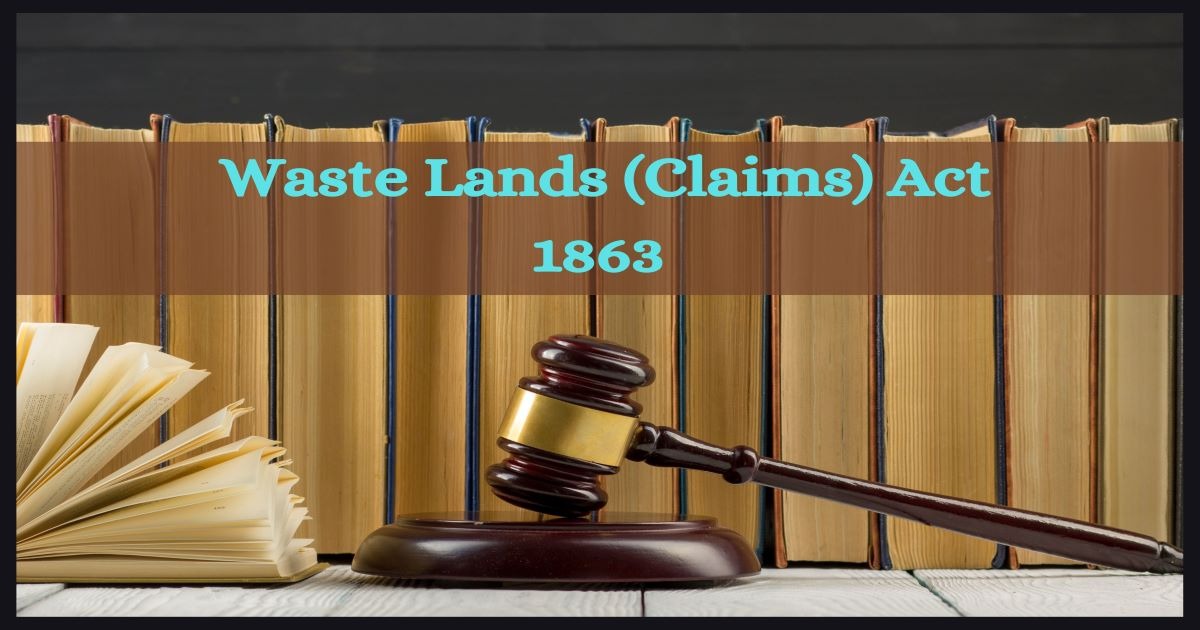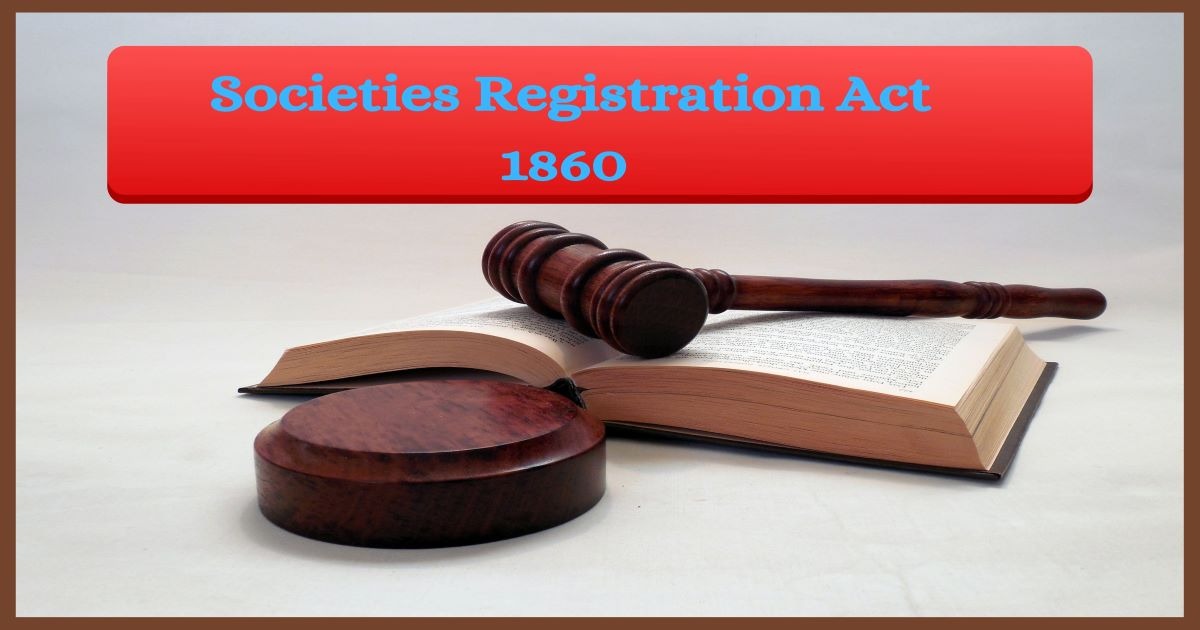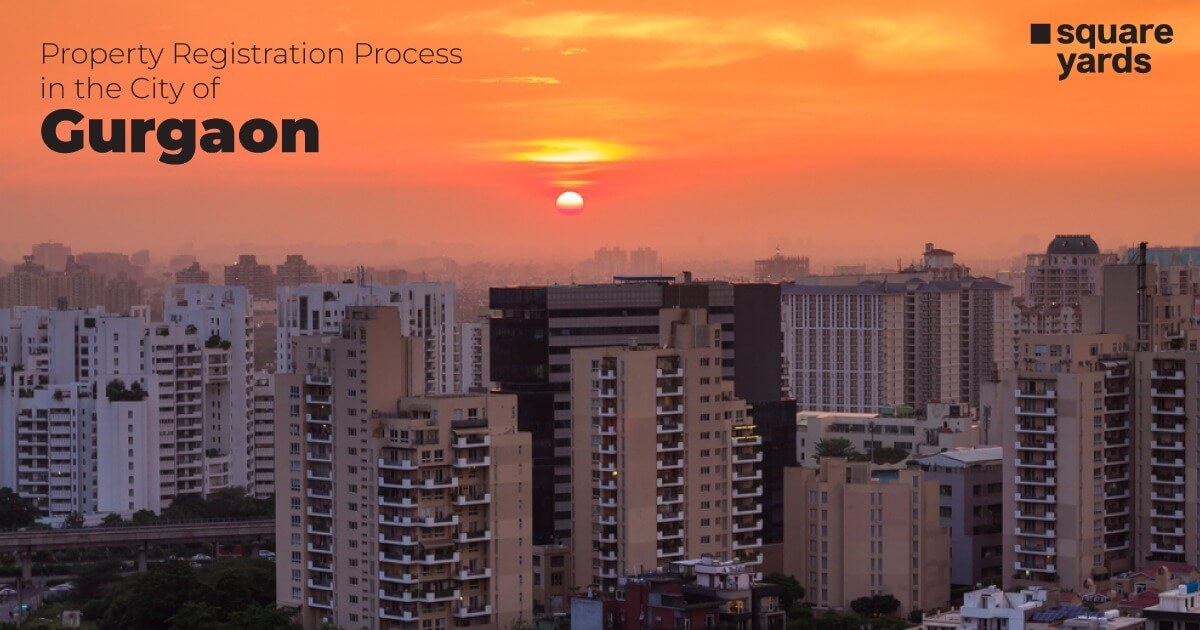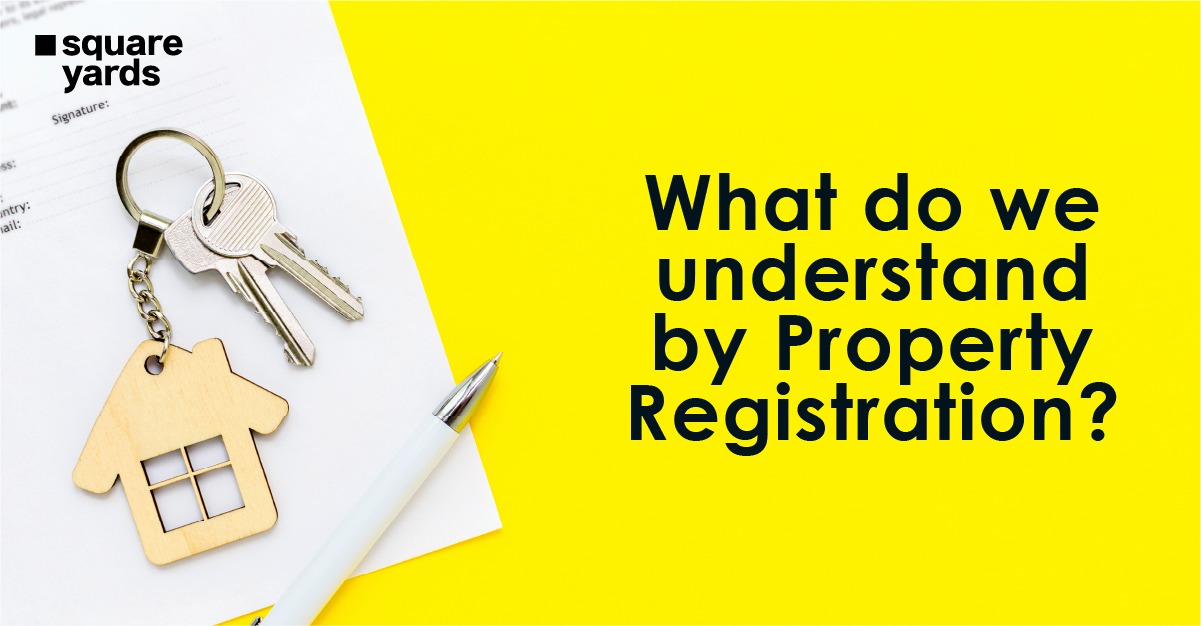Benefits of Property Registration
Often people hate doing paper works, but putting in a little effort helps to avoid trouble in the future. The Documents required for Registration of the property is done because it makes the property legalized and also authenticity to the entire thing. Registration also helps in the inheritance and future use of the property and its documents. Not only this, there are more to look into if spoken about the benefits of property registration:
- The authenticity of the documents
- Prevent misleading or frauds
- To ensure the correct ownership
- To handle disputed properties
- For maintaining records of the documents
In the year 2011, The Supreme Court also stated that a simple power of attorney for the transfer of immovable properties won’t be considered legal. The rule got established that the transfer of properties would be only valid if there is a registered deed. Also to note that all documents under the Indian Registration Act don’t need to be registered. The documents related to movable properties won’t need registration and just a power of attorney would do.
We have discussed much on the benefits of registration of documents; let’s now have a look on the documents that are required for property registration, documents required for registration of flats, documents required for resale flat purchase and much more.
Documents required for property registration
You need to submit your legal documents for the registration process to prove your authenticity also to check your eligibility as well in this case. The following documents are a must to be provided with the application form:
- Identity proofs should be provided, like Aadhar card/voter card/passport etc
- Address proof is also necessary
- A properly filled Form 60 or PAN card along with your identity card and address proof is mandatory for both the parties
- The slip that has the market value and charges levied as per the stamp duty and registration fees.
- In case of any ST or general candidate, proper authority permission letter should be there.
What is stamp duty?
The tax that is collected by the government for the purchase of any property, land, independent house, the residential flat is known as stamp duty. This stamp duty is payable on gift deed, sales deed, power of attorney, lease deed etc.
The stamp duty varies from one state to another but generally, it is a certain percentage of the saleable amount of a property and is collected at the time of registration of a property. If the owner of a property appears to be a female then some concession on the charges are given in some states, but the charges are generally high in urban areas. To know more about the stamp duty and fees, you may visit this website.
Procedure for Registration of Property
The procedure for registration of property has now become much transparent and with most clarity without the involvement of any middle man. Though the process of registration has not become fully computerized and also involves some paperwork, still the process is easy. The application form can be downloaded online, filled properly before submission with the required documents.
To know the entire procedure for the registration of property please follow the following steps:
- The title of the property has to be verified– Whether the property is single-handed or has been bought from someone or is a secondary sale or not, all these details have to be verified before the process of registration. If all the papers are ready then the verification process will be easier.
- Property value– The value of any property should be estimated beforehand so that the stamp duty charges can be calculated.
- Stamp papers- One is required to buy non-judicial stamp papers which are same as stamp duties. Stamp papers are also available online and one can easily get it.
- Sales Deed- One should make the sales deed completely ready and get it typed on the stamp paper. A lease, sale, power of attorney or a mortgage are the main subjects of the sales deed. It is prepared on behalf of the buyer by an attorney who is authorized to do this.
- Stamp Duty & Registration Charges– Registration charges have to be paid before the process gets initiated and stamp duty is paid when all the stamp papers are ready. The registration charges are generally 1% of the value of the property up to a maximum of 30,000.x
- Role of Sub-registrar- After all the above procedures are completed, the role of sub-registrar comes into the play. One has to make an appointment and visit his office with two witnesses as per requirement. Everyone, who is involved in the process have to carry their identity proofs and photographs and 2 photocopies of the deed and also the original deed has to be there as well.
- Submission of the documents- All the documents including the sales deed, photographs, address proof, identification proof, DD or cash are required to be submitted. No objection form is a must in this case if required.
- The Completion or closing-The process of registration will get completed if all the above processes are successfully done and there is no dispute or fraud is found in the documents submitted by all the parties involved in the process. The sub-registrar is supposed to hand over the documents as soon as the process of registration gets closed and shall keep one copy with him.
What are the documents required for Land registration?
The required land registration documents are kind of similar to the property registration documents except for some changes. Without these legal documents, the registration process won’t be considered to be completed. Let’s find out!
- Sales Agreement-This is a must in the process of registration to prove the authenticity of the buyer and the seller entering into a deal.
- A Khata Certificate- This varies from state to state, but generally it is required for 2 reasons- for registration and transfer of any property. Every property owner should have this.
- Tax paid receipt (latest)– This is to prove that the land is free from any taxable offence and all the taxes have been paid before it is going to be sold.
- Encumbrance Certificate– This is a very important certificate to prove that the land is free from any legal charges and is perfect to be bought or sold.
- No Objection Certificate– If the land, that would be sold or bought falls in someone’s area, a NOC or no objection certificate is very necessary to be submitted.
- ID &Address proofs- To prove your authenticity these two documents are extremely mandatory to be submitted.
- Photographs– Passport size pictures of the buyer, seller, and the witnesses are mandatory to be submitted during the process of registration.
What are the documents required for registration of flat?
All the documents required for this purpose are almost similar to the previous ones. Among all the top 5 documents required for the registration of a flat are:
- A Sales Deed– This tops the list because it is very important for property buying and selling
- Occupancy or Completion Certificates– These certificates are issued by the municipal corporation on the completion of the project.
- The plan of the building– Without the plan of the building or the blueprint, the registration process won’t be completed.
- Encumbrance Certificate- To show that the property is free from any legal charges this is necessary.
- Mutation Certificate- This certificate ensures that the property is legally transferred from one person to another. This is important for the future when one decides to sell their property.
These days, the situation is such that one often cannot afford a new property and opts for a second hand one, so if you are planning to buy a resale property here are the documents required for resale flat purchase:
- A sales deed
- Blueprint or building plan
- Clearance or Occupancy Certificate
- Encumbrance Certificate
- Tax receipts that are paid till now
- Home loan clearance certificate
- NOC or No Objection Certificate
- A Possession certificate
Let’s now look into the top 10 legal documents required for the purchase of a property:
- The Title Deed
- The Master Plan
- Encumbrance certificate
- Approval certificate of the property plan
- Agricultural or Non-agricultural confirmation certificate
- NOC
- Tax receipts that are paid
- Khata Certificate
- Sales Deed
- The commencement certificate
Checklist of Property Documents
This is one of the crucial steps of the whole procedure of property registration. This involves a checklist of the documents that everybody should keep in mind before getting into the registration process.
- The sales deed or title deed- To establish the ownership on the property title.
- Khata Certificate- For property transfer
- Mutation Certificate- For ownership transfer
- The Joint Development certificate-To identify and establish whether the property title is on the landowner or builder
- Power of Attorney
- NOC
- The letter of Allotment
- The agreement of construction
- Clearance of loan certificate
- Allotment Certificate
In this article we have thoroughly discussed all the important documents that are required during the process of registration of any property, land, reselling and much more. Hope when you go or plan to buy a property this would be helpful for you.
Also Read:
Documents required for registration of Property


